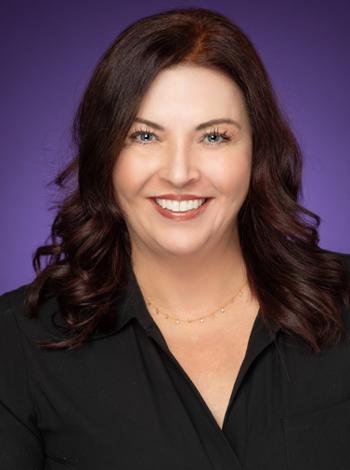“My professor is too smart to teach us. She just doesn’t get why we don’t get it.”
“Our professor sometimes forgets to tell us stuff that is really important. He acts like it should be obvious, but it isn’t.”
Comments like these occasionally show up on E-SPOTs or in informal conversations among college students. While upsetting, it is important to pay attention when students say these kinds of things. These statements provide evidence that our hard-won expertise in a particular domain may in fact be causing problems with our teaching. This short article will explain why this might happen and offer some suggestions for what can be done about it.
Those of us who teach in the College of Education must sometimes contend with the unflattering folk theory, “those who cannot do, teach others.” There isn’t any compelling empirical evidence to support this stereotype, and we prefer to be guided by William Pope’s adage, “Let him teach others who himself excels.” Highly effective teachers—and this includes college professors—must not only demonstrate excellence in their domains of expertise, but also master a complex constellation of pedagogical and communication skills and dispositions related to teaching and learning of their particular subject areas. In the College of Education, we refer to this set of skills and dispositions as “pedagogical content knowledge.” A master teacher, then, has expertise in two domains: content knowledge and pedagogical content knowledge.
When reading the narrative portion of the SPOTs, professors are sometimes confronted with the realization that our students don’t think we’ve mastered pedagogical content knowledge. There is a folk theory that goes along with this too, and it is the inverse to “those who cannot do, teach others.” It goes like this: “Those who can do, cannot teach others.” And there actually is some compelling theoretical and empirical evidence to back this up.
The Expert Blind Spot (EBS) hypothesis maintains that “educators with advanced subject-matter knowledge of a scholarly discipline tend to use the powerful organizing principles, formalisms, and methods of analysis that serve as the foundation of that discipline as guiding principles for their students’ conceptual development and instruction, rather than being guided by knowledge of the learning needs and developmental profiles of novices” (Nathan & Petrosino, 2003, p. 906). As professors, it is important to understand that expert thinking is qualitatively different from novice thinking. Experts don’t just know more than novices. They know differently. Professors who do not take this into account may make implicit (and incorrect) assumptions about what students need, and what they are, and are not, understanding. They will find it difficult to empathize and communicate with the novices in their classrooms. The students wrongly interpret these problems of domain expertise as their professor being “too smart” to teach. But they are right that expertise can hurt teaching.
Expert knowledge is structured like a vast, interconnected rhizome rather than the neat linear outlines students create in their notebooks. It is highly schematized, contextualized, and organized around conceptual structures and patterns that guide how problems are represented and understood. This may make it hard for an expert to present material in the nice linear package that students may be expecting, but it also makes it hard to disentangle the knowledge in the first place. So many of the facts and connections are implicit, which means that experts may forget to include important steps, facts, or processes. They may also make wrong assumptions about what is easy and what is difficult for their students.
EBS problems can be avoided when professors take the time to develop pedagogical content knowledge in their domain. One obvious answer is to visit the Koehler Center and make use of the resources available there. If you’d prefer to work on your own, a great place to start is an e-book called How People Learn: Minds, Brains, Experience, and School, which can be downloaded for free from National Academies Press. This book examines research on expert and novice knowledge (among many other relevant pedagogical issues), and offers practical implications for teaching in history, mathematics, and science. If you don’t have time to read another book (and who does, right?) a quick way to minimize EBS in your teaching would be to purposefully cultivate empathy for the novice mind. Observe yourself metacognitively when you learn new things and reflect on past learning experiences. If you have always been really good at what you are currently teaching, spend some time thinking about your learning process for things you weren’t/aren’t so good at. This small thing may make a big difference in your ability to relate to your students and communicate with them in ways that will eventually develop their own expertise.
References
Bransford, J. D., Brown, A. L., & Cocking (Eds.), How people learn: Brain, mind, experience, and school. Washington, DC: National Academies Press.
Nathan, M. J., & Petrosino, A. (2003). Expert Blind Spot among preservice teachers. American Educational Research Journal, 40(4), 905-928.
 This article was written by Amber Esping, Department of Education, for the Spring 2014 Issue of Insights Magazine.
This article was written by Amber Esping, Department of Education, for the Spring 2014 Issue of Insights Magazine.